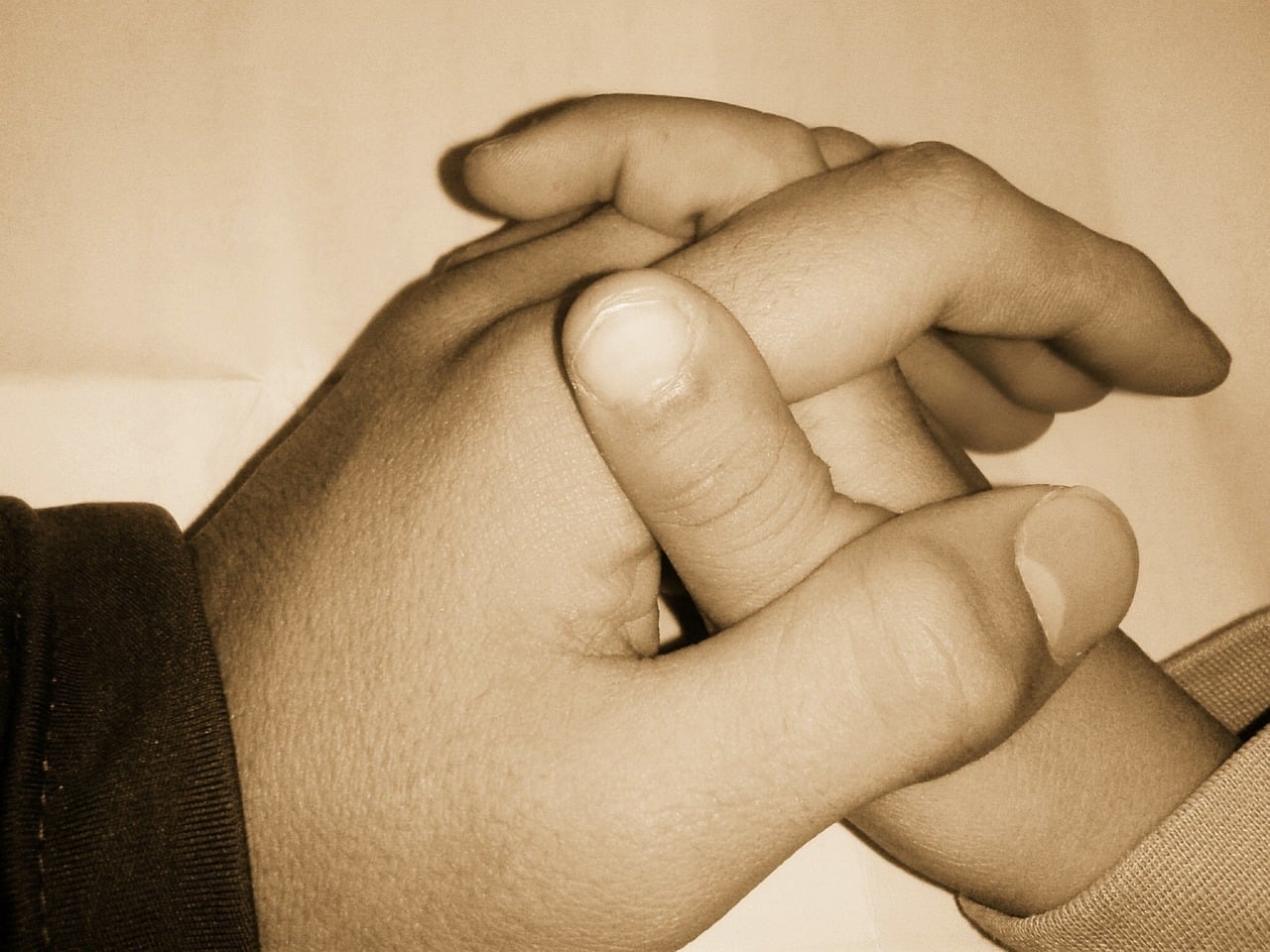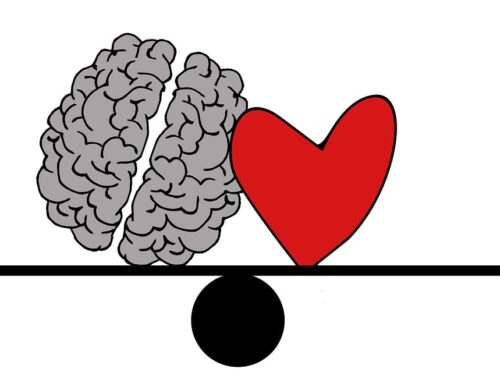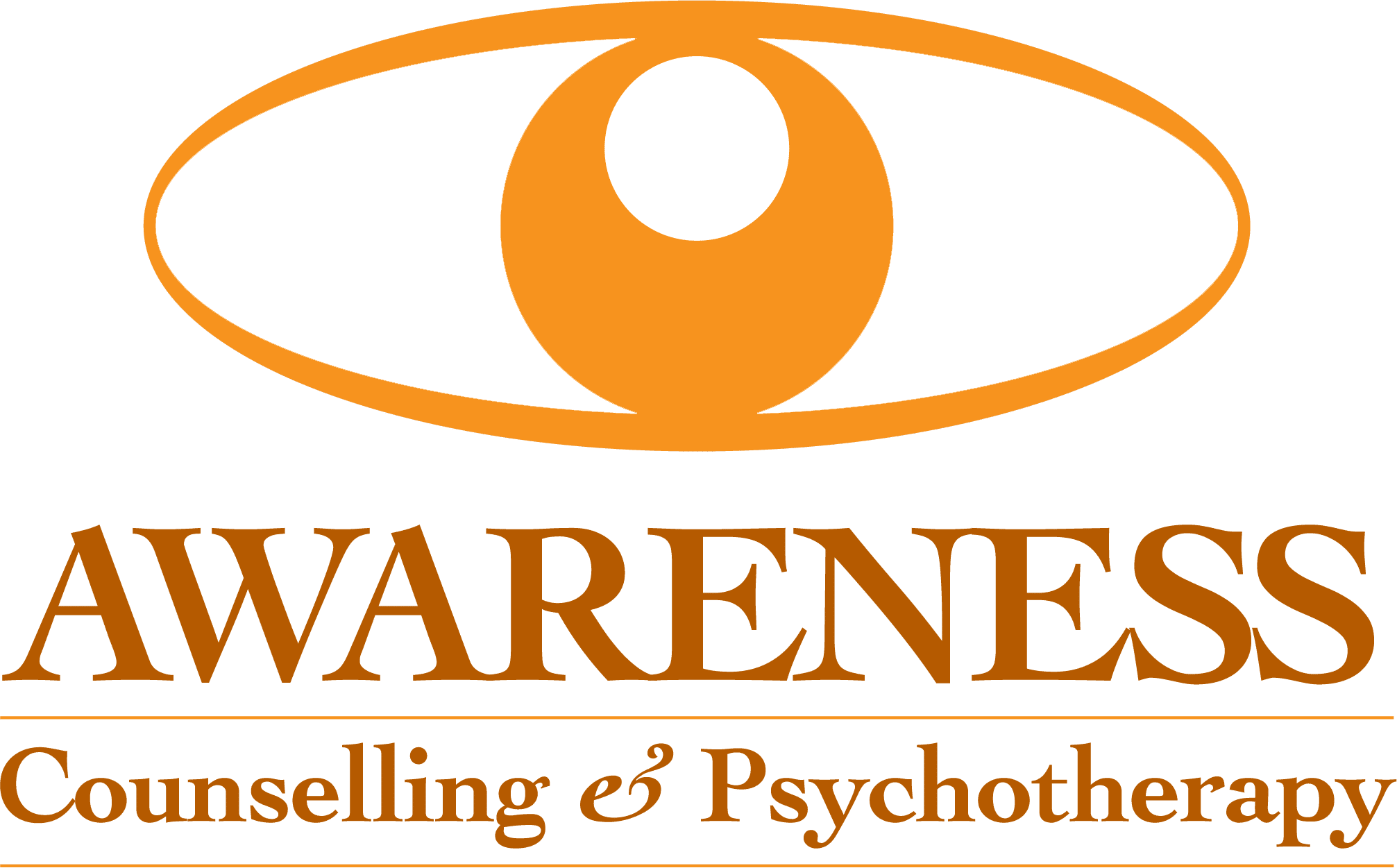Childhood, ideally, is a time of learning, growth, and joy. However, for most of us, it can also be a period when emotional and mental wounds are inflicted, often unknowingly, by those around us. These wounds shape our adult lives, impacting our relationships, self-esteem, and mental health. In this blog, we’ll touch on examples of emotional and mental childhood wounding, understanding their origins, and recognising their long-term effects. Of course, bearing in mind that the intricacies of childhood experiences are so varied and complex, the following examples only give a simplistic explanation of particular areas of impact.
1. Neglect and Abandonment: One of the most profound wounds a child can experience is the feeling of being neglected or abandoned. This doesn’t necessarily mean physical abandonment; it can also manifest as emotional neglect. For example, Lucy grew up in a home where her parents were physically present but emotionally absent. They provided for her basic needs but were indifferent to her emotional and social needs. As an adult, Lucy struggles with forming secure attachments and often feels unworthy of love.
2. Criticism and Comparison: Persistent criticism and comparison can severely impact a child’s self-esteem. Jack, for instance, was constantly compared to his sibling and criticised for not being as good in academics or sports. This constant comparison made him grow up with a deep-seated belief that he was never good enough, regardless of his achievements.
3. Overprotection or Overcontrol: While it stems from a place of love, overprotection or excessive control can hinder a child’s ability to develop independence. Sarah’s parents, for example, made all her decisions, from what she wore to what hobbies she pursued. As a result, Sarah struggled with decision-making and self-confidence in her adult life.
4. Trauma and Abuse: Experiences of trauma and abuse, whether physical, emotional, or sexual, leave deep scars. Mike was a victim of bullying at school, which was dismissed by adults as ‘kids being kids’. This experience left him with long-standing trust issues and a tendency towards social isolation.
5. Invalidating Environment: Growing up in an environment where a child’s feelings and thoughts are constantly invalidated can be detrimental. Emma, who was always told to stop being sensitive or that her fears were irrational, grew up believing that her emotions were invalid. This led to difficulties in expressing herself and acknowledging her feelings.
6. Unrealistic Expectations: Parents or caregivers who place unrealistic expectations on children can cause significant stress. For instance, David was expected to excel in every area – academically, in sports, and in extracurricular activities. This constant pressure led to anxiety and a fear of failure that persisted into adulthood.
7. Exposure to Conflict and Instability: Witnessing constant conflict or living in an unstable environment can create a sense of insecurity and fear. Lily, who grew up in a household with frequent arguments and uncertainty, developed anxiety and a need for control in her surroundings.
Understanding these wounds is the first step in healing. It’s essential to recognise that while these experiences shape us, they do not define us. Therapy, self-reflection, and, in some cases, reconnecting with the inner child can be powerful tools for addressing these wounds. The healing journey is personal and unique to each individual, but it always starts with acknowledgement and a desire to change the narrative of one’s life.









